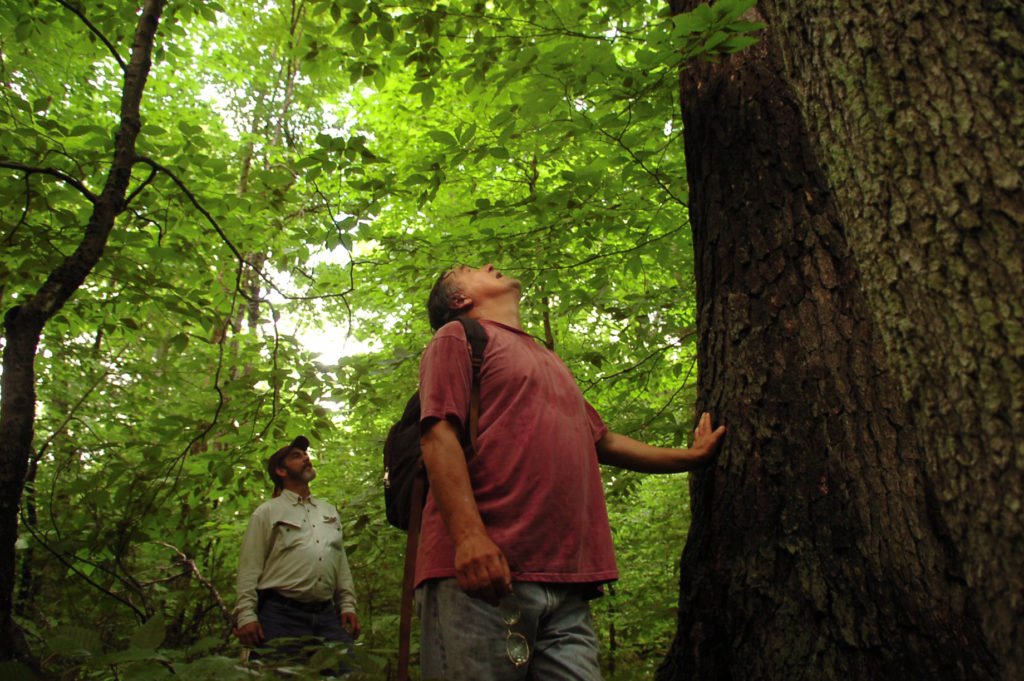What is carbon sequestration?
When it comes to deciding how humans can reduce their impact on the warming world, the phrase “carbon sequestration” often enters the conversation. But what, exactly, does carbon sequestration mean?

At the most basic level, carbon sequestration is the process of taking up carbon dioxide from the air — a process also known as carbon capture — and storing it in soil, oceans or living organisms.
“Carbon can either be stored or emitted,” said Aaron Weiskittel, director of the Center for Advanced Forestry Systems at the University of Maine School of Forest Resources. “Sequestration is basically the counting of both the storage of carbon.”
Increasingly, though, engineers are looking for solutions to artificially sequester carbon by removing carbon from the atmosphere using new technologies and storing it elsewhere, such as in the ocean or the soil. Carbon sequestration is important in figuring out the long-term impact that humans can have on the balance of carbon in our changing world.
Carbon sequestration can occur through natural processes like photosynthesis.
“Carbon is taken up out of the atmosphere [through] photosynthesis in plants and trees,” said Daniel Hayes, assistant professor of geospatial analysis and remote sensing at the University of Maine School of Forestry and Resources. “Sequestration is when it’s stored for some period of time. Trees can take up carbon in their branches and trunks. Vegetation takes up carbon and then stores it in the soil.”
The ocean also sequesters carbon. Aside from marine plant life that absorbs carbon, the ocean contains less carbon dioxide than the atmosphere and thus naturally diffuses carbon dioxide into the water column. There is also a fair amount of carbon stored in permafrost, the thick, frozen subsurface layer of soil found in Arctic regions.
“There are three or four times [the carbon] in the frozen soils than there is in the atmosphere,” Hayes said. “Those soils are thawing quite rapidly. How much of that carbon is going to be released into the atmosphere, and what [will that] do to the system?”
